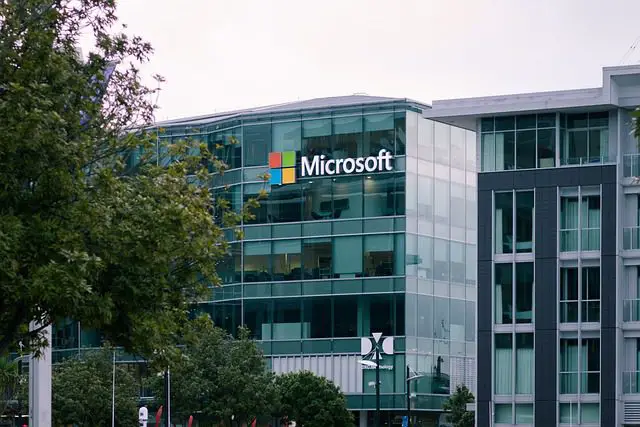
In the latest security update for Windows Server 2019, released on July 8, a critical flaw has emerged—one that threatens the stability of entire clustered infrastructures. Patch KB5062557 disrupts the proper functioning of the Cluster Service, a core system mechanism responsible for managing distributed nodes and coordinating their operations. Following the update, the service enters a failure loop: it initiates, crashes, and causes nodes to drop from the cluster, fall into quarantine, and trigger a cascade of erratic restarts for virtual machines within the environment.
According to an internal advisory obtained by reporters, the issue is accompanied by continuous logging of event ID 7031 errors in the system logs—a clear indication of profound instability. Rather than a routine update process, IT professionals are left grappling with a series of critical failure symptoms. Configurations utilizing BitLocker encryption on Cluster Shared Volumes (CSV) are particularly vulnerable, as failures during node reintegration attempts occur with significantly greater frequency.
Microsoft has officially acknowledged the defect, categorizing it as a known issue, but has yet to provide a universal fix. Instead, the company recommends a case-by-case approach: affected organizations are urged to contact business support directly to receive interim guidance on damage mitigation and temporary workarounds.
The timeline for a comprehensive resolution remains undefined. Microsoft has only confirmed that a permanent fix is currently under development and will be incorporated into a future cumulative update for Windows.
This is not the first instance in which Windows Server updates have caused operational disruption. Earlier in July, Microsoft addressed a separate flaw that prevented WSUS (Windows Server Update Services) from syncing with Microsoft Update, thereby halting the deployment of recent packages. Additionally, the June update triggered DHCP service freezes on certain servers—a bug fortunately remedied in the July cumulative release.
Given these circumstances, administrators managing Windows Server 2019 infrastructures must exercise extreme caution when applying the latest update—especially if the environment relies on clustering with BitLocker-encrypted CSV volumes. It would be prudent to validate the update in a controlled staging environment before rolling it out to production systems, lest it precipitate a widespread outage.






